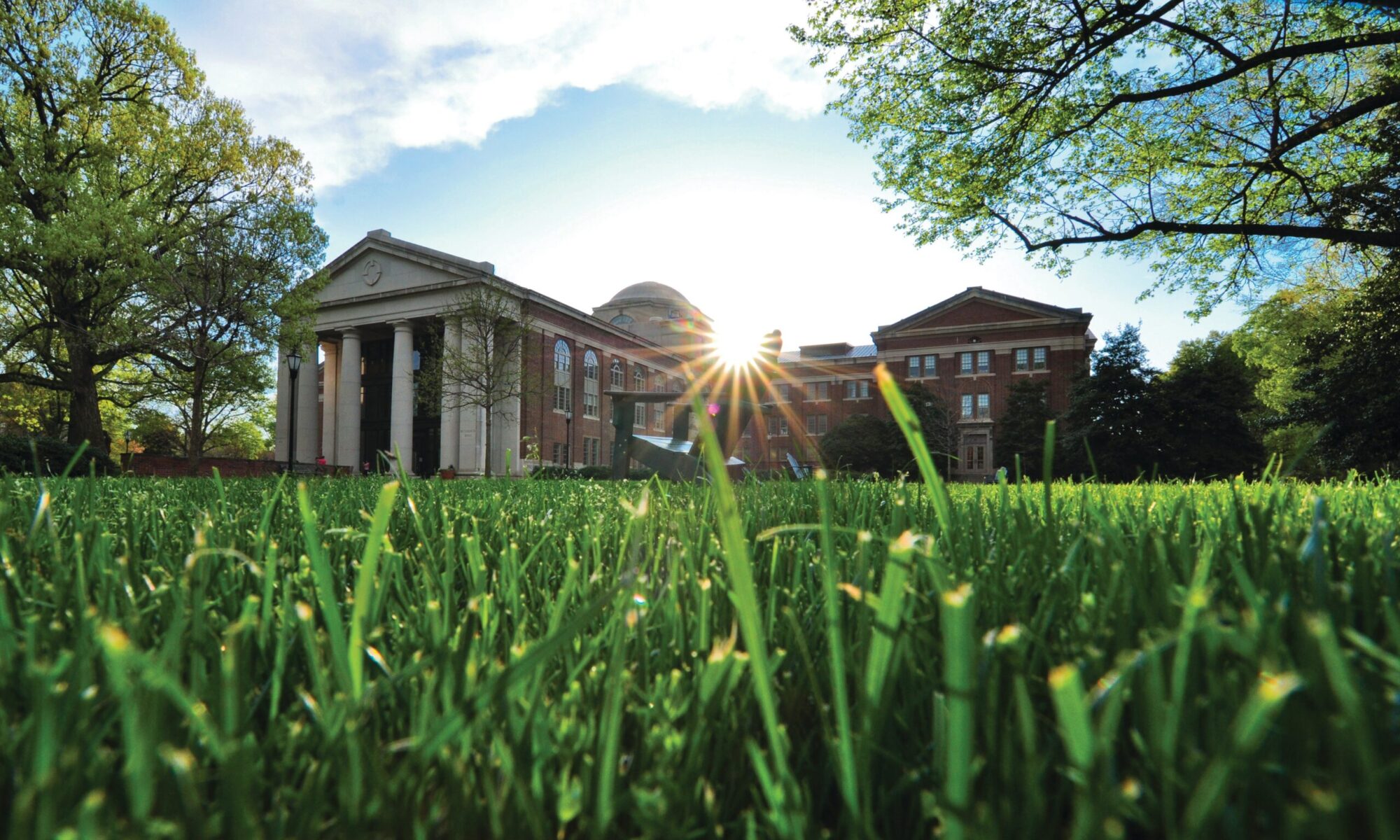Includes: Neuropsychology, Psychology, Environmental Sciences, Mathematical Sciences, Biology, Chemistry, Physics, Medicine, Public Health, Biochemistry, Engineering, and Computer Science
 Undergraduate research opportunities offer you the chance to participate in exciting projects, working beside some of the most talented scientists in the field. They also help you gain needed experience to get in to graduate school or to obtain the position you’re applying for after graduation.
Undergraduate research opportunities offer you the chance to participate in exciting projects, working beside some of the most talented scientists in the field. They also help you gain needed experience to get in to graduate school or to obtain the position you’re applying for after graduation.
Below are links to a wide range of scientific research opportunities. Some offer stipends, while others are unpaid. Deadlines vary, but in general, the earlier you apply the better. You should also check with your professors when seeking research opportunities as many have openings available for Davidson students that are not advertised. Davidson professors will also know of colleagues looking for people to work in their labs.
Research Experiences for Undergraduates
This is the premier site for summer research positions in the sciences. REU sites are competitively selected by the National Science Foundation (NSF), so the positions tend to be of very high quality (and tend to pay well, also).
Grants and Research Opportunities on the Davidson College Biology site
List of opportunities listed on the Davidson College Biology Department website. This is for all sciences, public health, etc.
American Psychological Association
Undergraduate research opportunities and internships in Neuroscience and Psychology.
 RIT Co-op and Scientific Internship Listings
RIT Co-op and Scientific Internship Listings
This list provides a wide range of short and long-term cooperative and internship listings in science and technology.
List of summer research/internship opportunities in the sciences
Provided by Grinnell College, but not affiliated with the college – open to students across the country, and in a variety of disciplines: biology, biochemistry, chemistry, computer science, engineering, environmental science, mathematics,medicine, physics,
Biotech and Pharmaceutical
Bio
Biotechnology Industry Organization is a professional association designed to provide information and support for those in the biotechnology field. Their website provides excellent information on specific fields, current research and career opportunities.
BioSpace
News and job opportunities for those interested in the biotech and pharmaceutical fields.
PhRMA
PhRMA’s mission is to conduct effective advocacy for public policies that encourage
discovery of important new medicines for patients by biopharmaceutical research companies. This webside provides a variety of resources on the field.
Environmental Studies
Environmental Studies: Greater Research Opportunities Undergraduate Fellowships
For undergraduate students in environmentally fields of studies.
Environmental Science Institute
Funded by the National Science Foundation, this program is open to a national pool of undergraduate applicants and requires a ten-week commitment. Students create their own research project, participate in a research group, and present their work.
Math
Mathematical Association of America
The MAA provides mathematicians with the best expository articles, engaging problems, and articles devoted to teaching collegiate mathematics. The MAA also provides research funding opportunities.
The Society for Industrial and Applied Mathematics
International community of over 13,000 individual members. Almost 500 academic, manufacturing, research and development, service and consulting organizations, government, and military organizations worldwide are institutional members. The website has an excellent career-related section that lists internships and jobs within the field and provides career information and advice.
Physics
National Science Foundation
List of physics REU sites, both theoretical and experimental.
Public Health Opportunities
Johns Hopkins – Funding/Internships Announcements
Compiled listing of public health related internships and research opportunities. Students do not need to be attending Johns Hopkins to apply.
 Science
Science
The National Academies
The National Academy of Sciences, National Academy of Engineering, Institute ofMedicine, and National Research Council are private, nonprofit institutions that provide expert advice on some of the most pressing challenges facing the nation and the world.
Science.gov: USA.gov for Science
Internships and fellowship opportunities in science.
Scientific-related opportunities compiled by Columbia University, Department ofBiological Studies
Biology, Biomedical, Minority, Ecology and Environmental Studies, Marine Biology Research Opportunities, Fellowships, Internships and Summer Courses. Programs are located in all geographic areas of the country.
Summer Undergraduate Research Program: Boston University
Ten-week undergraduate program for students interested in pursuing a career as a research scientist. Students are chosen from a national pool.








